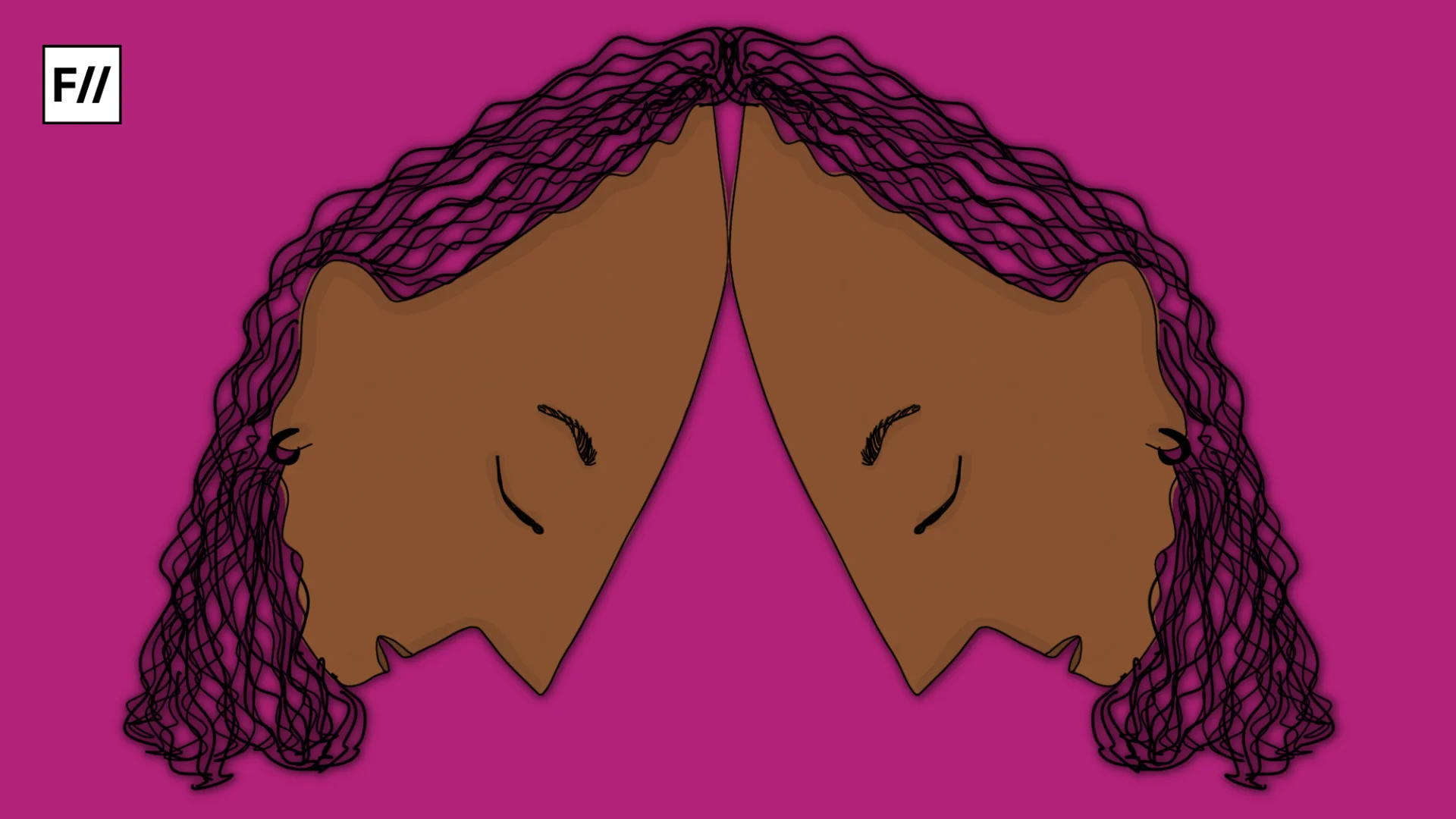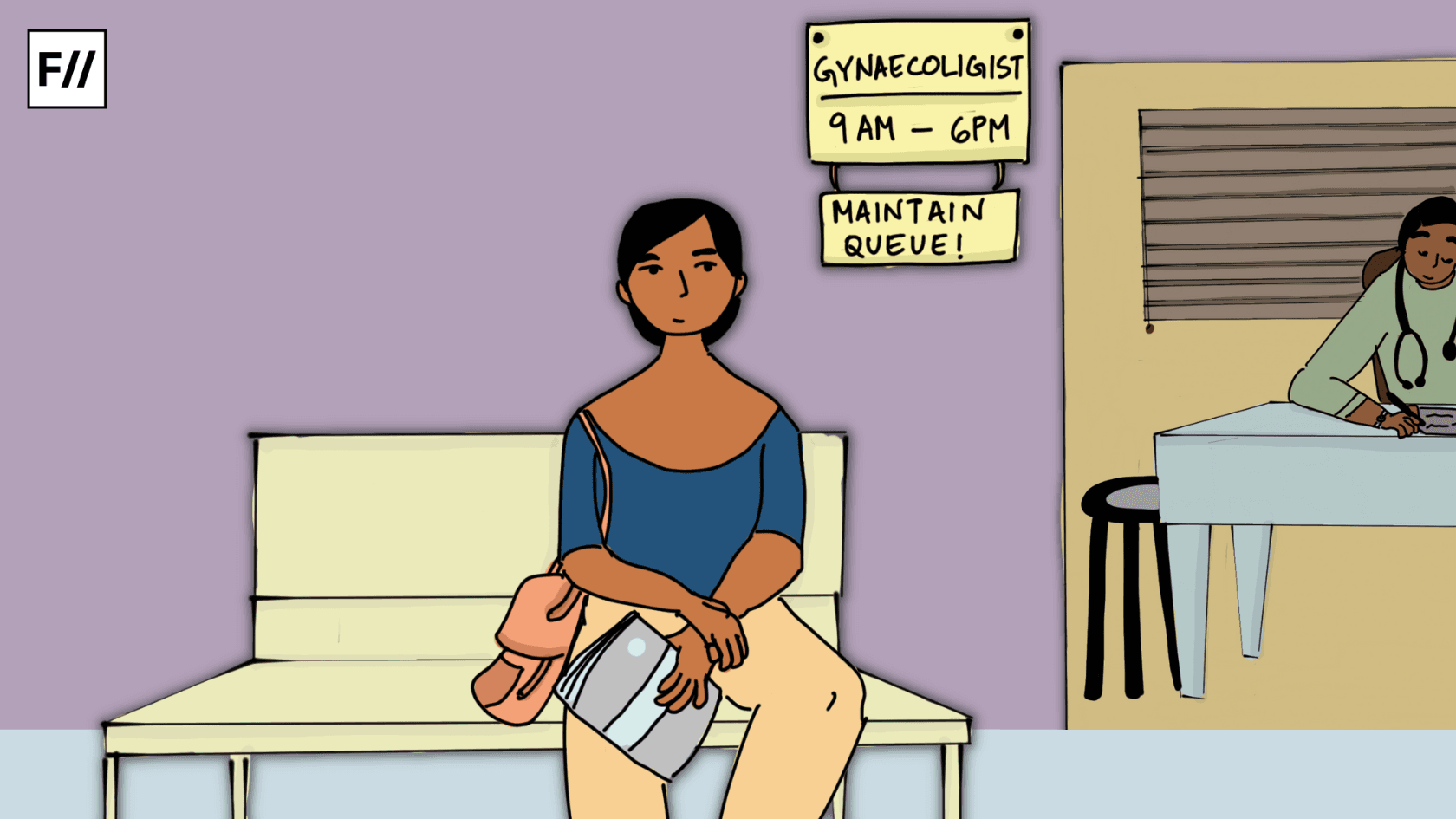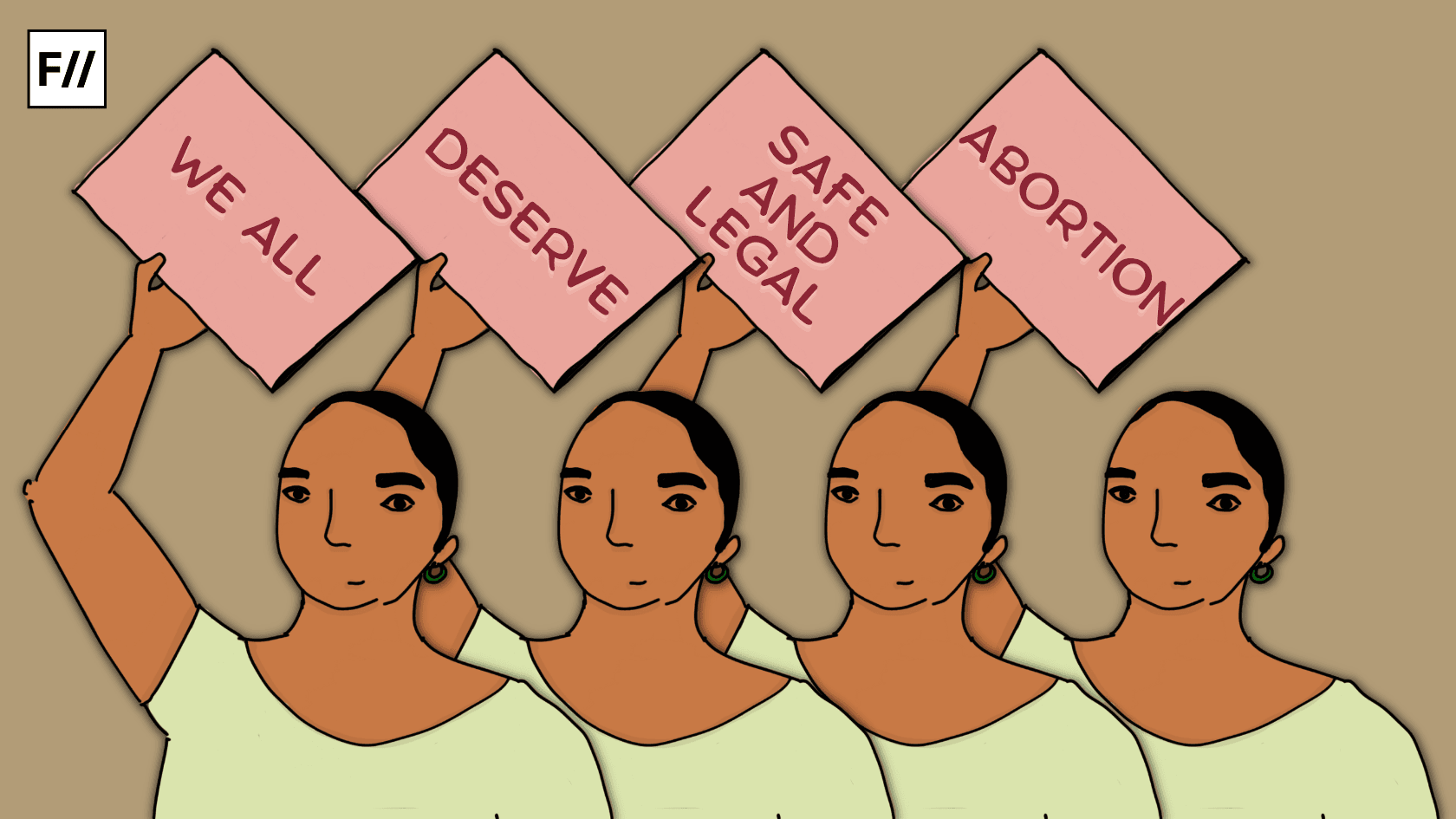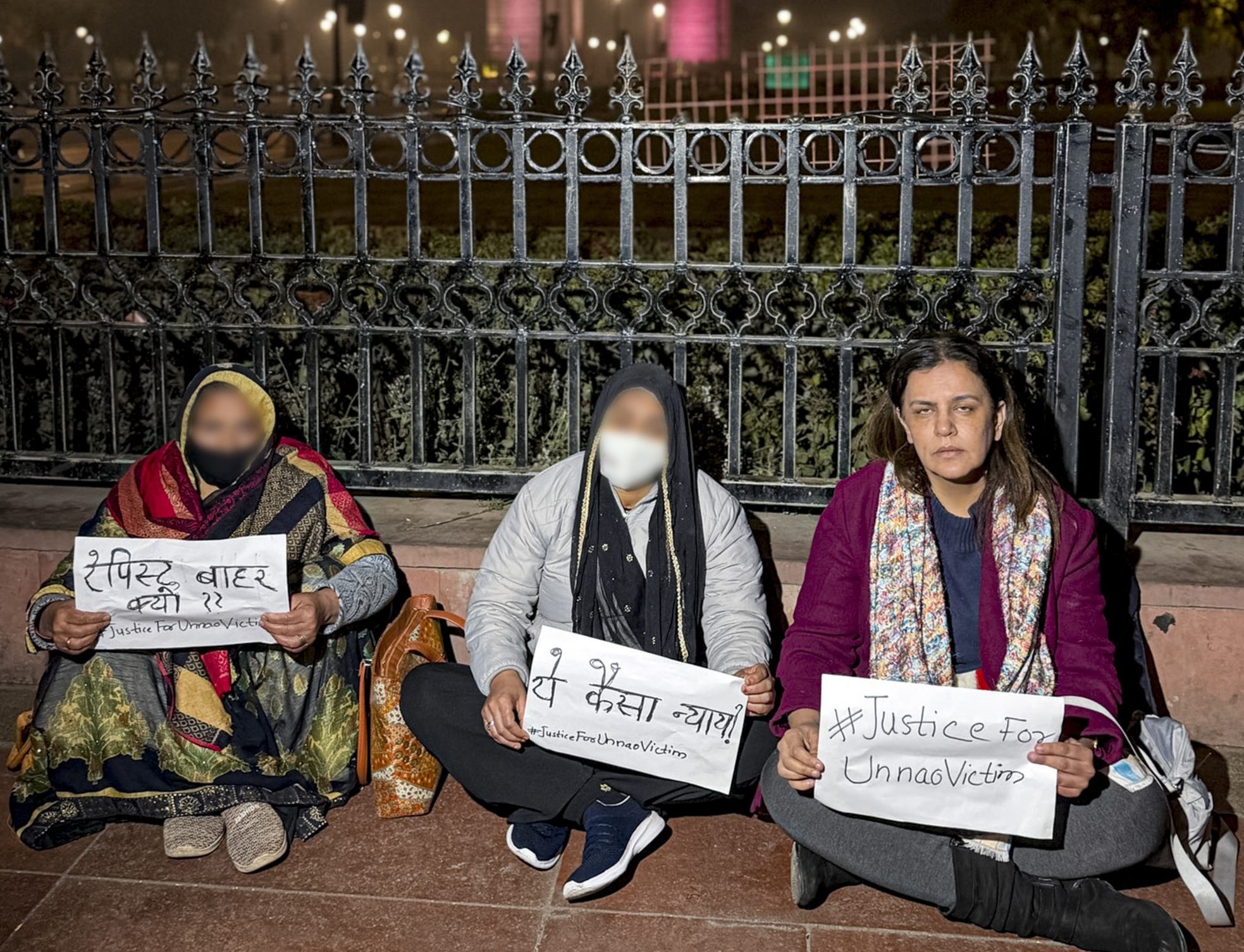The Medical Termination of Pregnancy Act, 1971 (“MTP Act”) is the primary legislation that regulates termination of pregnancy in India and has created an enabling framework to allow pregnant persons to access safe abortion.

The Indian Supreme Court in K S Puttuswamy v. Union of India (2017) held that the right to choose to terminate one’s pregnancy is a fundamental right, but the ground reality is that it is extremely difficult for pregnant persons to access safe and affordable abortion services in this country. It is important to specifically focus on the issues that are arising due to the intersection of criminal law with a minor’s right to seek abortion.
What does the MTP Act say about minors?
Till 20 weeks of pregnancy, the MTP Act provides that any woman including minors can seek abortion. After the gestational age exceeds 20 weeks and is up to 24 weeks the MTP Act provides for certain categories of persons who can seek abortion, which includes minors and sexual violence survivors.
Till 20 weeks of pregnancy, the MTP Act provides that any woman including minors can seek abortion.
As per the MTP Act, minor persons (those below the age of 18) would require the consent of their guardians to be able to terminate their pregnancies and the opinion of one (if pregnancy is up to 20 weeks) or two (if pregnancy has exceeded 20 weeks but is up to 24 weeks) doctors recommending that the pregnant person is eligible for abortion as per the conditions mentioned in ection 3(2) of the MTP Act.
POCSO Act and the access to abortion
The Protection of Children from Sexual Offences Act, 2012 (“POCSOA”) criminalises all forms of sexual activity with an individual under 18 years of age. This means that any minor person who seeks abortion would have to engage with the criminal system since the pregnancy in this case would be the result of a criminal offence.

The intersection of the criminal justice system with the procedure to seek abortion leads to several challenges on the ground. Two such specific challenges that highlight the need to rethink how much the criminal justice system is allowed to intervene in abortion matters need to be discussed.
- Mandatory Reporting
Section 19(1) of POCSOA makes it mandatory for any person having knowledge of commission of a punishable offence under the POCSOA to provide this information to the local police. This would mean that in every case of a minor approaching a doctor for termination of pregnancy, they would be obligated under the POCSOA to report the matter to the police. Since doctors may have to face criminal sanction if they fail to report the offence, they are skeptical and often hesitant to provide abortion services to minors.
As has also been pointed out in some high court decisions, the POCSO Act can also lead to criminalisation of consensual sexual activity as individuals between the age 16 to 18 are engaging in sexual activity out of choice. In such instances the minor girl who becomes pregnant would be discouraged from seeking abortion at a registered hospital given the risk of this matter getting reported and registered as a criminal case.
The issue of mandatory reporting would discourage even those minors whose pregnancy is a result of sexual abuse from accessing abortion since the minor or the family would want to avoid any criminal action.
The issue of mandatory reporting would discourage even those minors whose pregnancy is a result of sexual abuse from accessing abortion since the minor or the family would want to avoid any criminal action. In Indian society where social stigma and ideas of shame highly discourage the reporting of sexual offences, the provision of mandatory reporting is compromising the health of minors who may have to continue with their pregnancy or approach unregistered hospitals to avoid the criminal system.

To address this problem the Supreme Court in X v. Principal Secretary (2022) recommended that the doctors may not disclose the identity of the minor while providing information in cases when pregnancy is a result of consensual sexual activity and on the request of the minor and the guardian of the minor. This is similar to the legal procedure followed while conducting Medico-legal examination (MLC) in case of adult survivors of sexual violence where the doctor, while sharing the MLC details to the police cannot reveal the identity of the survivor without her consent.
However, this recommendation of the Supreme Court will not help unless the same is legislated upon. It is also necessary it is clarified how such reporting procedure would ensure that this exemption to reporting is not misused to protect the accused (such as in circumstances where the minor’s guardian is the abuser or wishes to protect the abuser).
- Seeking Court permission for abortions
Even though minors are allowed to terminate their pregnancy with the consent of their guardian, the doctors are hesitant to do so without seeking police intervention. Once the matter gets recorded as a criminal case, the police take over even the abortion process, taking away complete agency from the minor and her family.
Once the matter gets recorded as a criminal case, the police take over even the abortion process, taking away complete agency from the minor and her family.
A problematic practice that has been observed is that the police have been forcing minor survivors to approach the High Court seeking permission to terminate their pregnancy even when the pregnancy is within the statutory limit of 24 weeks (a compilation of some of these cases can be found here). Shockingly, even the high courts are not questioning or discouraging this practice when such abortion matters are brought before it.

These practices highlight a systemic failure rooted in the absence of a victim-centric approach and a lack of clarity around the legal provisions governing abortion for minors. This gap stems from inadequate procedures that fail to balance a minor’s right to access safe and timely abortion with the need to protect children from sexual abuse. Furthermore, relevant stakeholders are abdicating their legal and medical responsibility due to a heightened fear of criminal prosecution, especially when dealing with minors or other sexual violence survivors.
As a result, minors and their families are forced to navigate complex legal processes leading to delays in the abortion procedure or being unable to access abortion services at all, which may aggravate the trauma the minor may already be going through.
About the author(s)
Dewangi is a Research Associate at Centre for Social Justice.




